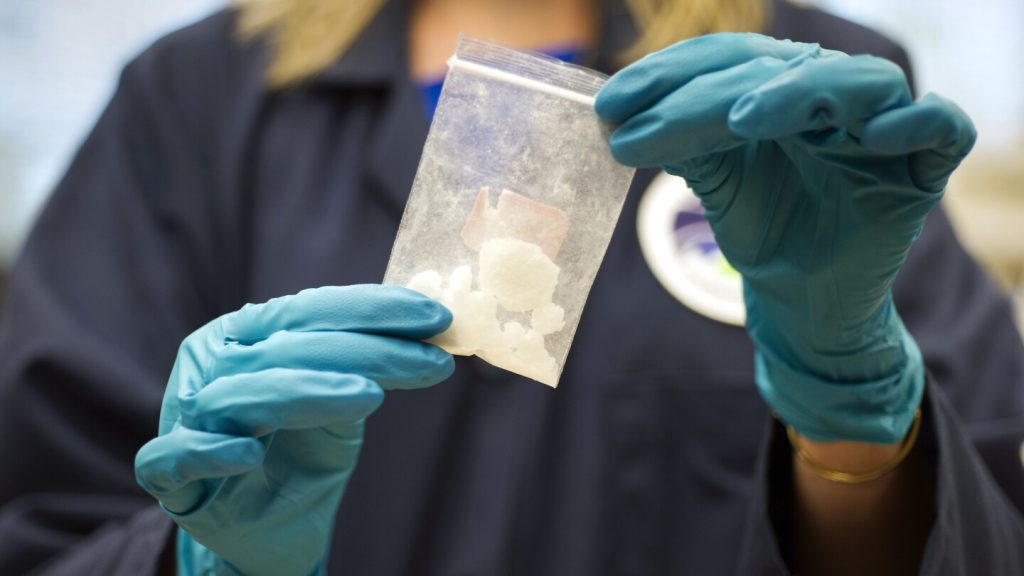The U.S. Drug Enforcement Administration (DEA) is closing down two of its offices in China, including those in Shanghai and Guangzhou, as part of a broader plan to reduce its international footprint. The decision comes as the agency aims to focus its resources on areas where they can have the greatest impact in saving American lives. The closures have raised questions about how this move will affect the agency’s efforts to disrupt the flow of precursor chemicals from China that have contributed to the fentanyl epidemic in the United States.
The closure of the DEA offices in China is seen as a setback in the cooperation between the two countries in combating the flow of precursor chemicals that fuel the fentanyl crisis. Despite China’s efforts to control fentanyl-producing chemicals, the country remains a major source of precursors in the ongoing crisis that has resulted in nearly 100,000 deaths in the U.S. annually. Former DEA officials have emphasized the importance of working with China to stop the flow of precursor chemicals and have raised concerns about the impact of reducing the agency’s representation in the country.
The decision to close the DEA offices in China comes after years of negotiations to establish these offices outside of the capital Beijing. The closure of the offices in Guangzhou and Shanghai is seen as a reflection of the challenges faced by DEA agents in obtaining visas and navigating restrictions in China. While there have been recent signs of improved cooperation between the U.S. and China on drug enforcement, the closure of the DEA offices raises doubts about the future of this collaboration.
DEA Administrator Anne Milgram has highlighted the importance of disrupting China’s trade in precursors and its role in illicit drug proceeds laundering. Recent efforts to strengthen cooperation between the two countries have shown some promising results, but it remains uncertain whether these efforts will lead to significant impacts on stopping the flow of precursors from China. China has refrained from commenting on the closure of the DEA offices, but has expressed a desire to continue counter-narcotics cooperation with the U.S. based on mutual respect and mutual benefits.
The closure of the 14 DEA offices, including those in China, Russia, Cyprus, and Indonesia, raises concerns about the agency’s ability to combat drug trafficking and related criminal activities in these regions. The decision to close these offices follows an external review of the DEA’s global footprint and recommendations to reallocate resources to address emerging threats, such as the fentanyl epidemic. Some critics have raised concerns about the impact of these closures on crucial relationships with local authorities and the ability to gather intelligence to keep Americans safe from various threats.
Despite the closure of these offices, the DEA has announced plans to open new offices in Albania and Jordan to address evolving drug threats and enhance its global operations. The agency plays a vital role in combating drug trafficking, money laundering, and other criminal activities that pose threats to national security. Former DEA officials have emphasized the importance of maintaining a presence in countries that are hotbeds for criminal activities to enhance American safety and security.


